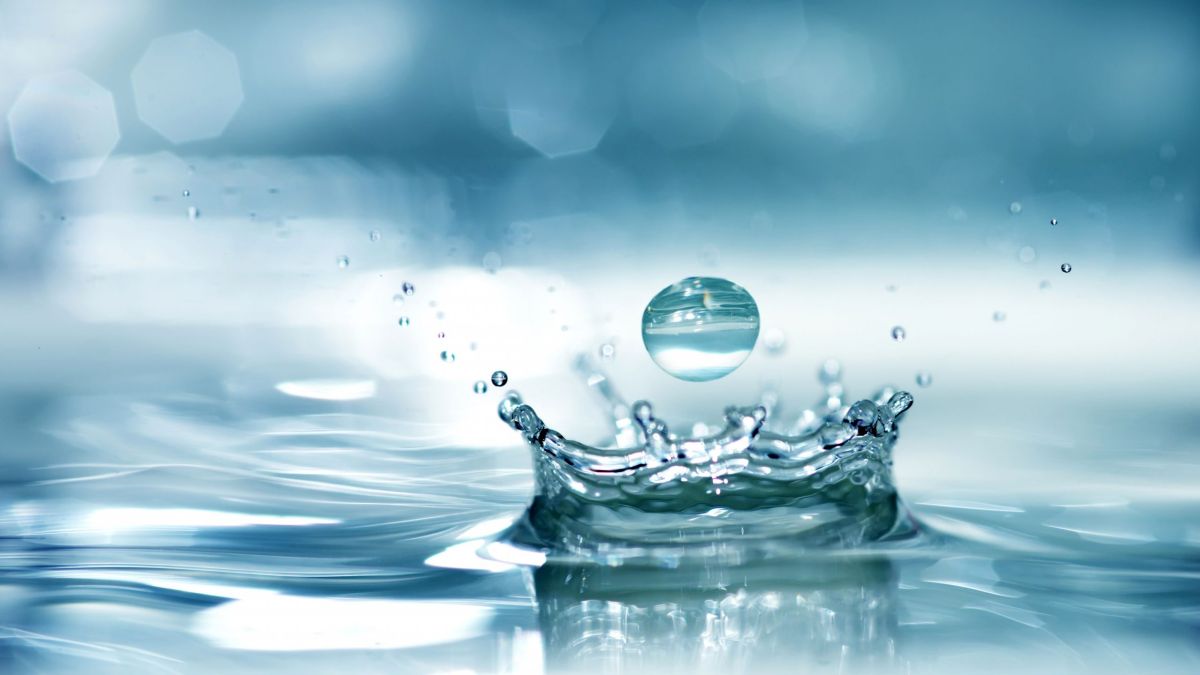When Is Water Considered Najis and Unfit for Wuḍūʿ?
Imām Muḥammad ibn Ṣāliḥ al-ʿUthaymīn


This sharīʿah is full of wisdom and attaches rulings to reason. Some of those reasons are known to us and some are not. The prohibition of najis is linked to its impurity. Thus, whenever this impurity is found in anything it is considered najis. If impurity is not present, then it cannot be termed najis
Imām Muḥammad ibn Ṣāliḥ al-ʿUthaymīn [d. 1421 AH] said:
“Some of the scholars have taken the opinion that water is not termed najis (unfit for wuḍūʿ) except if that water has changed [in taste, colour, or smell] regardless of the amount of water present. Although people should be cautious of water that has najāsah in it and is less than two qullah [160.5L] as, in the majority of cases, water will show a change with smaller volumes.
This opinion is correct due to revelation and realistic contemplation. As for revelation, the Prophet [ﷺ] said: ‘Verily, water is pure, and nothing can cause it to become najis.’ We make an exemption for water that is changed by something that is najis. Such water would be considered najis by ijmāʿ (consensus of the scholars). This opinion is also supported by the Qurʾān as Allāh says:
حُرِّمَتْ عَلَيْكُمُ الْمَيْتَةُ وَالدَّمُ وَلَحْمُ الْخِنزِيرِ وَمَا أُهِلَّ لِغَيْرِ اللَّهِ بِهِ ﴿٣﴾
‘Prohibited to you are dead animals, blood, the flesh of swine, and that which has been dedicated to other than Allah.’
[al-Māʿidah, 5:3]
And Allāh says:
قُل لَّا أَجِدُ فِي مَا أُوحِيَ إِلَيَّ مُحَرَّمًا عَلَىٰ طَاعِمٍ يَطْعَمُهُ إِلَّا أَن يَكُونَ مَيْتَةً أَوْ دَمًا مَّسْفُوحًا أَوْ لَحْمَ خِنزِيرٍ فَإِنَّهُ رِجْسٌ ﴿١٤٥﴾
‘Say, “I do not find within that which was revealed to me [anything] forbidden to one who would eat it, unless it be a dead animal or blood spilled out or the flesh of swine – for indeed, it is impure”’
[al-Anʿām, 6:145]
Allāh saying ‘it is impure’ serves as proof for the ruling. Thus, whenever this impurity is present the ruling [of najis] stands. Similarly, whenever impurity is absent the ruling must be voided. If this is the case with regards to consumables, then it will also be the case with water. For example, if spilled blood were to drop into water and affect it [in taste, colour, or smell] the water would be termed impure and najis. If the blood, however, causes no change to the water it would be considered pure. As for realistic contemplation, this sharīʿah is full of wisdom and attaches rulings to reason. Some of those reasons are known to us and some are not. The prohibition of najis is linked to its impurity. Thus, whenever this impurity is found in anything it is considered najis. If impurity is not present, then it cannot be termed najis. Rulings [in fiqh] are inextricably linked to their corresponding reason. Just as the reason can be present or absent, the ruling must follow.”
Source: Al-Sharḥ al-Mumtiʿ 1:41
Translated by: Riyāḍ al-Kanadī

















